Reiko Ohnuma offers a wide-ranging exploration of the complex role of maternal imagery and discourse in pre-modern South Asian Buddhism. Motherhood was sometimes extolled as the most appropriate symbol for buddhahood itself, and sometimes denigrated as the most paradigmatic manifestation of attachment and suffering. In Buddhist literature, feelings of love and gratitude for the mother’s nurturance frequently mingle with submerged feelings of hostility and resentment for the unbreakable obligations thus created, and positive images of self-sacrificing mothers are counterbalanced by horrific depictions of mothers who kill and devour. Institutionally, the formal definition of the Buddhist renunciant as one who has severed all familial ties seems to co-exist uneasily with an abundance of historical evidence demonstrating monks’ and nuns’ continuing concern for their mothers, as well as other familial entanglements. Ohnuma’s study provides critical insight into Buddhist depictions of maternal love and grief, the role of the Buddha’s own mothers, Maya and Mahaprajapata, the use of pregnancy and gestation as metaphors for the attainment of enlightenment, the use of breastfeeding as a metaphor for the compassionate deeds of buddhas and bodhisattvas, and the relationship between Buddhism and motherhood as it actually existed in day-to-day life.
Ties That Bind: Maternal Imagery and Discourse in Indian Buddhism
In stock
Free & Quick Delivery Worldwide
reviews
Bibliographic information
Title
Ties That Bind: Maternal Imagery and Discourse in Indian Buddhism
Author
Edition
1st ed.
Publisher
Oxford University Press, 2012
ISBN
0199915679, 9780199915675
Length
288p.
Subjects

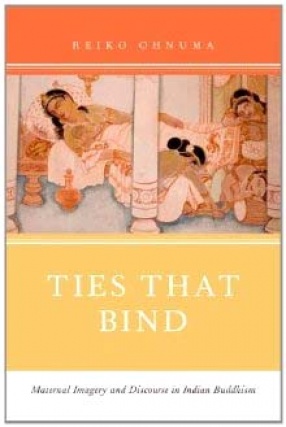
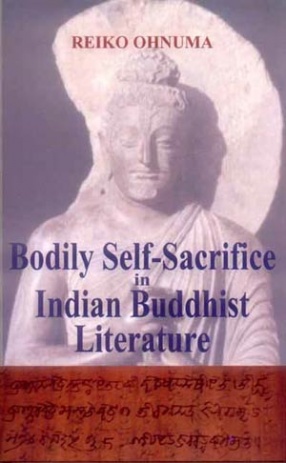
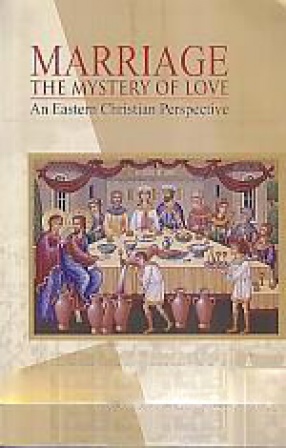
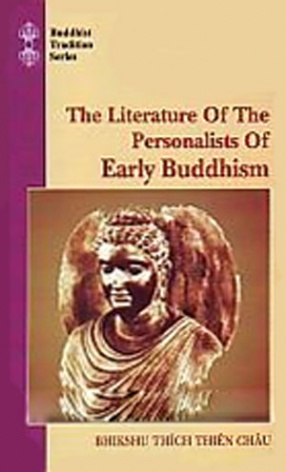
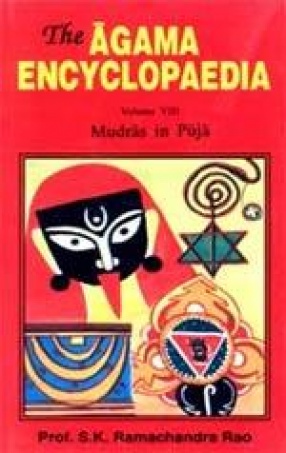
There are no reviews yet.